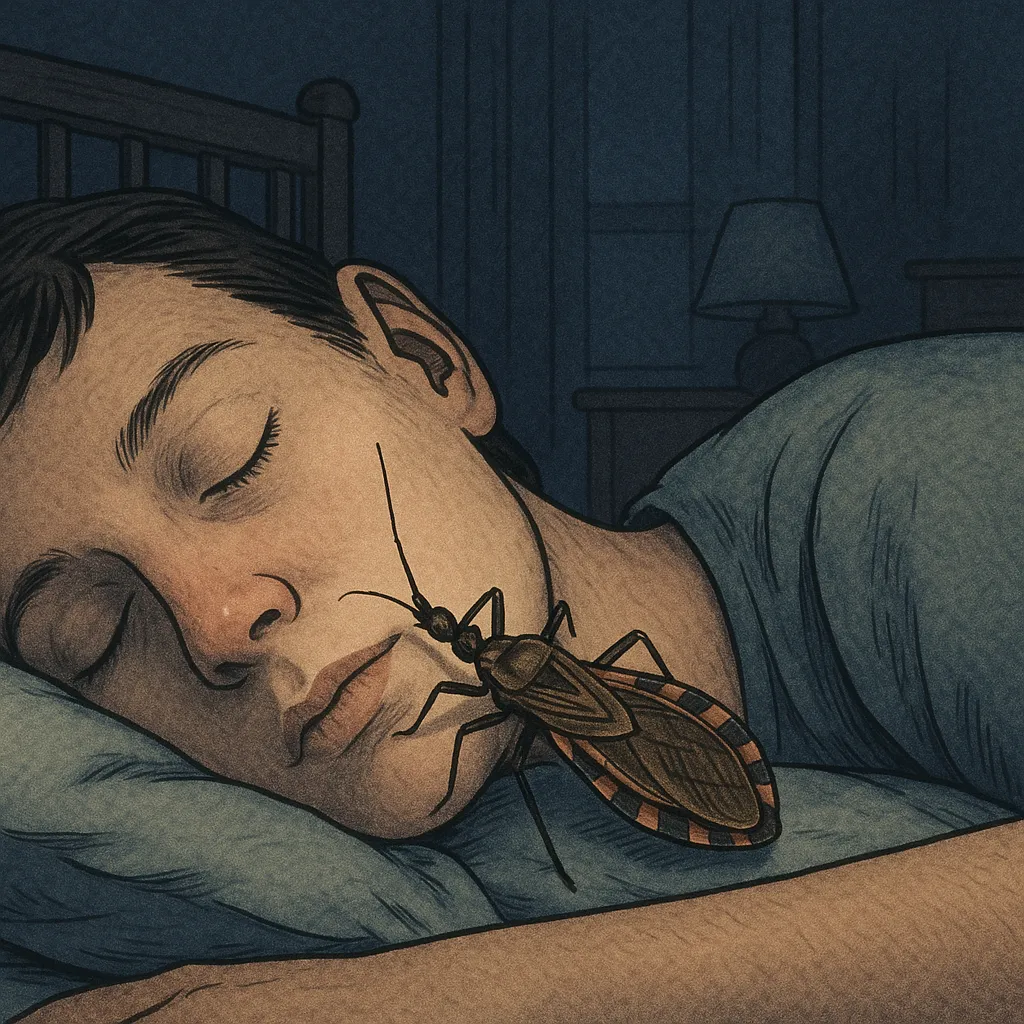CDC Declares Chagas Disease Endemic in U.S. as “Kissing Bugs” Spread

Lead Health officials announced today that Chagas disease, transmitted by “kissing bugs,” now occurs regularly in parts of the United States after evidence of local infections in multiple states emerged on September 18, 2025.
Nut Graf Classification of Chagas as endemic underscores growing concerns over the parasite Trypanosoma cruzi carried by triatomine insects and highlights the need for enhanced surveillance, public awareness, and testing in affected regions.
Rising Presence of Kissing Bugs
Researchers report triatomine bugs in at least 32 states, with human cases acquired domestically documented in eight, notably Texas, California, and Tennessee. Warmer temperatures and wildlife reservoirs have facilitated northward expansion of these blood-sucking insects.
Transmission and Risk Factors
- How it spreads: Bugs bite sleeping individuals, then defecate near the wound. Parasite enters if feces contact mucous membranes or broken skin.
- Alternate routes: Blood transfusion, organ transplantation, congenital transfer, and contaminated food or drink.
- High-risk areas: Substandard housing in rural southern communities, outdoors enthusiasts, and those in close contact with wildlife.
Clinical Presentation and Treatment
Acute infection can cause fever, swelling, fatigue, and rash within weeks of exposure; most individuals then enter a long asymptomatic phase. Untreated chronic Chagas leads to cardiac arrhythmias, heart failure, and gastrointestinal complications in 20-30% of cases. Early treatment with benznidazole or nifurtimox can eliminate the parasite, but effectiveness wanes over time.
Public Health Implications
Labeling Chagas as endemic will:
- Increase physician education and routine testing
- Enhance blood-donor screening and reporting requirements
- Drive funding for research into diagnostics and vector control
Recommendations for Residents
Residents in affected regions should:
- Seal cracks in walls and screens
- Use bed nets or insecticides indoors
- Seek medical evaluation for unexplained cardiac symptoms, especially if bitten
As the U.S. continues to grapple with this neglected tropical disease, public health agencies urge vigilance and preventive measures to curb further spread.
Categories
Autos and vehicles Beauty and fashion Business and finance Climate Entertainment Food and drink Games Health Hobbies and leisure Jobs and education Law and government Other Politics Science Shopping Sports Technology Travel and transportationRecent Posts
Tags
Archives
08/19/2025 (3) 08/20/2025 (40) 08/21/2025 (27) 08/22/2025 (22) 08/23/2025 (4) 08/24/2025 (21) 08/25/2025 (30) 08/26/2025 (24) 08/27/2025 (29) 08/28/2025 (16) 08/29/2025 (9) 08/30/2025 (13) 08/31/2025 (17) 09/01/2025 (167) 09/02/2025 (124) 09/03/2025 (149) 09/04/2025 (112) 09/05/2025 (72) 09/06/2025 (169) 09/07/2025 (162) 09/08/2025 (150) 09/09/2025 (176) 09/10/2025 (194) 09/11/2025 (194) 09/12/2025 (186) 09/13/2025 (207) 09/14/2025 (159) 09/15/2025 (175) 09/16/2025 (198) 09/17/2025 (196) 09/18/2025 (196) 09/19/2025 (207) 09/20/2025 (129) 09/21/2025 (4)